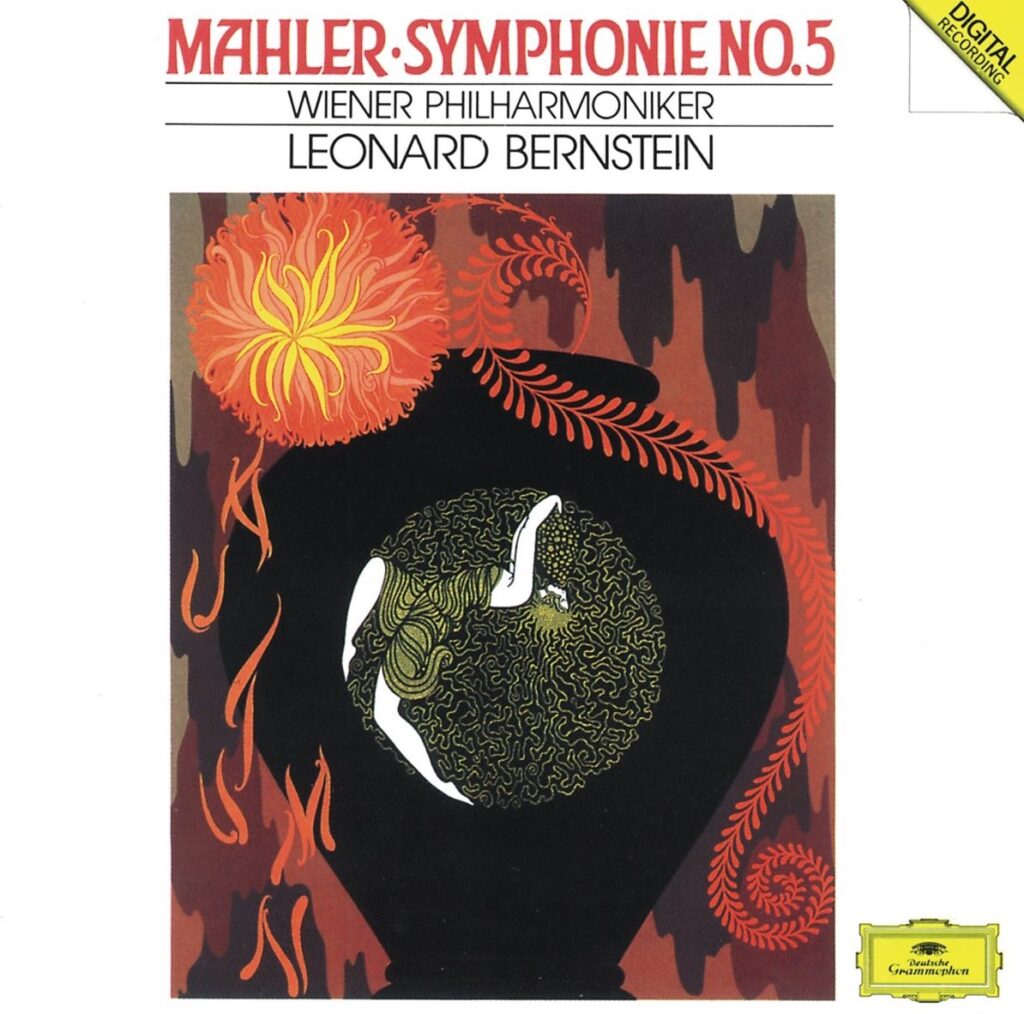7. Vienna Philharmonic Orchestra Conducted By Leonard BernsteinMahler Symphony No. 5

When I went solo, I decided there’s more to life than three chords, so I educated myself more about music. I’d fallen in love with Brecht and Weill and Jacques Brel, but I needed to expand my mind. I went and worked with a classical musician called Maurice Seezer, he introduced me to Mahler, and I just fell in love with it.
Back in the 80s, I was wondering, why are there so many different versions of this symphony? And then I realised that the conductor is as important in classical music as a producer is in contemporary music. A lot of people find Bernstein very melodramatic or emotional, but I don’t care. It’s just so beautiful. It’s like the slowness, the way this opens up with the first two movements. It makes you cry, but it also makes you feel good to be alive. There’s something compelling about it, and when it builds, you actually go, “Oh my God! This is absolutely astoundingly beautiful!” It’s sad, but it’s not.
I remember when I had the pleasure to work with orchestras when I was doing scores. One of the most profound things to do is to sit in a room as the 40 pieces are playing and to feel the vibrations of the instruments. Off of the strings alone, you walk out and you’re just welling up. The strings can have the same effect as Levene turning up his amp, or Wobble turning up his bass, but on a different level. I just think it’s eternally beautiful and it’s the best thing in the world. If you feel like you’re heartbroken or sad and you’re having that glass of wine and you just want to cry, put this on. And I don’t care if people call that melodramatic; it’s beautiful.


